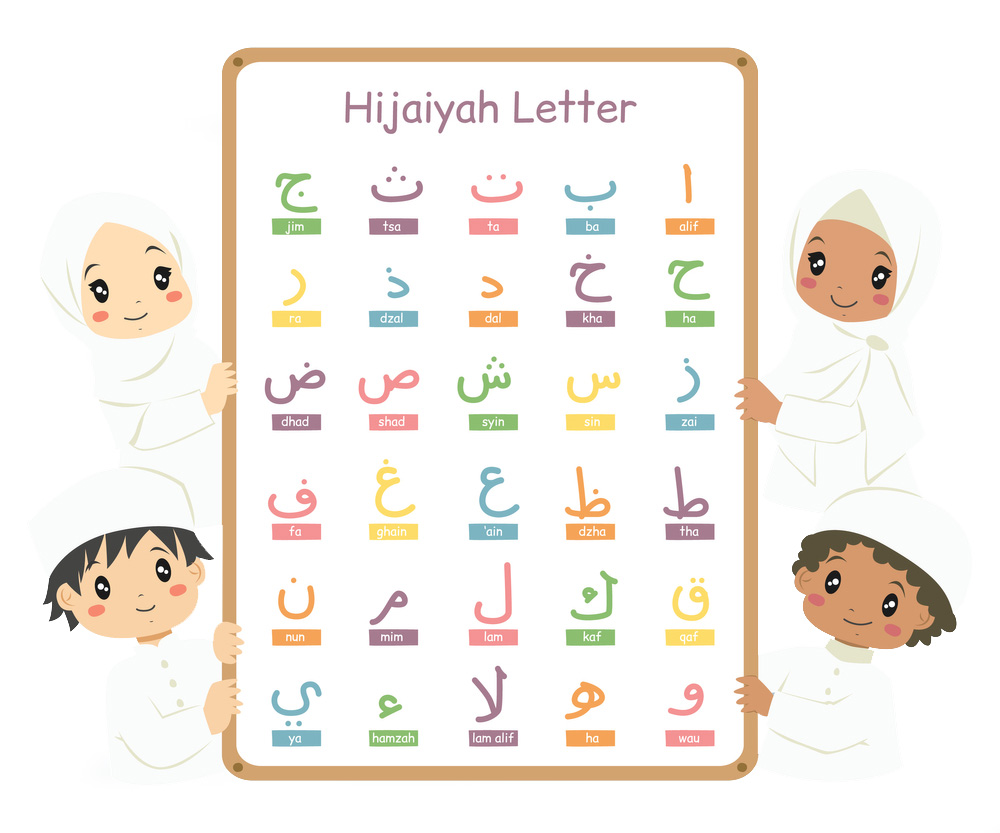Islamic Studies course
★★★★★
This Islamic Studies course aims to educate Muslim brothers and sisters, old and young, about their pillars of faith in Islam. Through this course, you or your children can learn many Islamic studies including but not limited to the pillars of Islam, Fiqh, Aqeedah, Tafseer, hadith, Dua, Islamic Manners, and sirah nabawiyyah of the Prophet Muhammad (PBUH). Our Muslim teachers can start with you from the basics of the Quran and the beliefs of Islam to the advanced Quranic sciences and Islamic knowledge. This program will give students a solid foundation in the basic sciences of Islamic studies.
ABOUT THE COURSE
Learn Islam Online with top Islamic scholars in the world through online one-to-one sessions scheduled as per your preference.
Learn all you need about the Islam religion for you or your kids; this course is personalized and customized based on students’ age, knowledge, and needs.
Islamic Studies course covers a wide range of subjects that are essential for every Muslim including but not limited to:
- Aqidah (Islamic Creed)
- Belief in Allah and Tawhid (Monotheism)
- Belief in His Angels
- Belief in His Books
- Belief in His Messengers
- Belief in the Last Day
- Belief in Divine Preordainment and Divine Decrees (Qadhaa’ and Qadar)
- Seerah and Islamic History
- Seerah (Biography) of Prophet Muhammad (saw) and his teachings
- Stories of the previous Prophets and Messengers
- Selection of stories from lives of the Companions (RAA) and the prominent Muslim figures
- Qur’an and Islamic Stories of animals, birds, and sects
- General history of Islam
- Fiqh
- The Five Pillars of Islam
- Taharah (Purification)
- Practical demonstration of Salah and Wudu’
- Sawm (Fasting)
- Zakat (Purifying Charity)
- Hajj
- Funeral Prayer
- The Halal and the Haram foods in Islam
- Hadith
- Studying a number of the most important hadiths of the Prophet (saw).
- Islamic Manners and Ethics
- Sunnan and Adab (Etiquette) of eating, drinking, sleeping, using the right hand, talking, etc.
- General Islamic Morals and Ethics (Piety, Truthfulness, Peace, Brotherhood, Thankfulness, etc.)
- Islamic views on Bad habits (Lying, Gossiping, Backbiting, Cheating, etc.)
- Islamic views on Seeking Knowledge
- Islamic views on respecting Parents and following their orders
- Islamic views on respecting elderly people
- Du’as and Azkar
- Learning the Daily Du’as and Azkar (Du’a before sleeping and after waking up, Du’a before and after eating, Du’a after leaving the house and when traveling, etc.)
- Understanding the meanings of each of these Du’as and Azkar
WHY TAKING THIS COURSE
Islamic Studies courses will give students a firm foundation in the core sciences of Islamic Studies. Our unique teaching methodology entails teaching our students the various viewpoints within the bounds of Ahl’ al-Sunnah. This approach provides students with an unbiased understanding of many schools of thought. At The Kalamullah.net, we believe in providing knowledge and information, not indoctrinating a particular point of view. This results in a well-rounded seeker of knowledge.
These Online Islamic Classes will also provide students with a strong foundation in the Arabic language with an emphasis on the skills of reading and comprehension. We look to provide our students with the tools needed to access traditional Islamic texts.
Moreover, the “Islamic Studies Classes” entail electives in Islamic studies and Quranic ethics to develop our students spiritually and to embody the message of the Quran. Students are also free to choose from other electives offered based on their goals and interests, such as courses in Dua, Islamic Manners, etc.

















